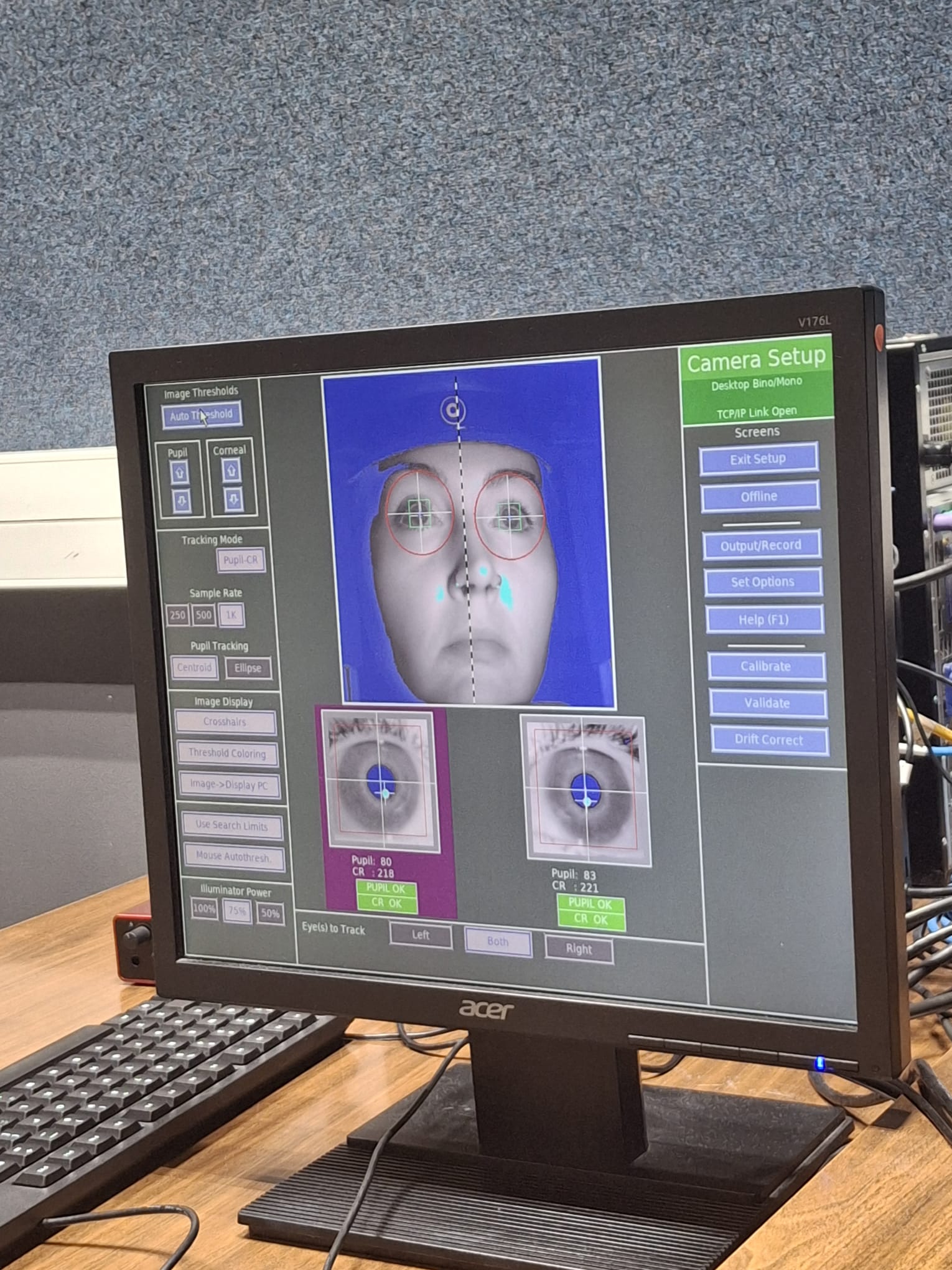About me
Hi there!
I am Espe (she/her), a psycholinguist and postdoctoral researcher at the Department of Experimental Psychology at Ghent University.
My research interests fall into two broad camps and their intersection: (1) the role of social cognition in language processing, (2) whether and how paralinguistic cues affect speech comprehension and (3) how interlocutors juggle these factors in dialogue. I have also dabbed in prediction in first and second language comprehension, syntactic processing, and biases against foreign-accented speech. In my current post, besides my research, I provide support to researchers using eye-tracking in my department, be it experimental design, implementation, or analysis (e.g., see the eye-tracking GitHub repository), and I lecture on eye-tracking in different courses, including the EMCL+ programme. Through this post, I’ve become more interested in how researchers pre-process their data and what the best practices are, and in the underlying hypotheses linking eye movements to cognitive processes.
Prior to my current post, I completed my PhD at the School of Philosophy, Psychology and Language Sciences at the University of Edinburgh (UK) and was a teaching assistant. My research explored what mechanisms could account for how filled pauses (e.g., uh or um) affect speech processing and interpretation.
Spontaneous speech is far from perfect: Speakers hesitate, correct themselves, and fill their pauses with _um_s. These ‘imperfections’, however, can guide speech comprehension. For example, a listener can anticipate that the speaker is likely to refer to an object with a difficult-to-produce word, or assume that the speaker is not certain of their knowledge. One potential explanation for these effects may have its roots in social cognition: Listeners assume that a filled pause reflects cognitive effort, and try to find the cause for such effort. This process, nonetheless, can be difficult in certain contexts - for example, when there are multiple cues for the speaker to be disfluent (such as when producing speech in their second language) or when listeners are in a challenging context (such as when attending to speech produced in their second language). In my thesis, I explored how first and second language listeners process and interpret disfluent speech produced by first or second language speakers across different conversational contexts - namely, prediction and deception - to shed light on the underlying mechanisms using eye-tracking and behavioural methods.
I enjoy coding, teaching, and their intersection. I usually work on Python and R for my research, and share my materials, code and results on OSF. Likewise, I really like talking and learning about stats, and usually fall down these rabbit holes when doing research.
If any of these topics speaks to you and would like to collaborate, reach out to me! I am also happy to supervise RPEP/internships/master thesis at UGent, so if you’re a student interested in these or related topics (i.e., the research topics listed above), you can email me.
Outside of academia, my main hobbies are reading, writing, aerial skills, and, more recently, cycling (as an excuse to sample all restaurants in Belgium and northern France).
